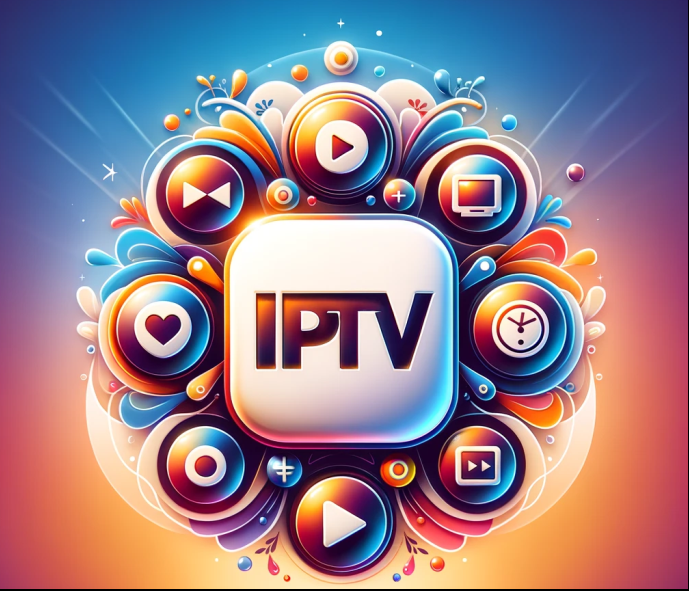 The reign of traditional cable TV seems to be nearing its end. Consumers are increasingly opting for internet-based alternatives, with two main contenders vying for their attention: over-the-top (OTT) streaming services and IPTV (Internet Protocol Television). While both offer a welcome escape from cable contracts and inflated prices, IPTV Choices is carving out its own niche by appealing to viewers who crave a familiar experience with some key improvements.
The reign of traditional cable TV seems to be nearing its end. Consumers are increasingly opting for internet-based alternatives, with two main contenders vying for their attention: over-the-top (OTT) streaming services and IPTV (Internet Protocol Television). While both offer a welcome escape from cable contracts and inflated prices, IPTV Choices is carving out its own niche by appealing to viewers who crave a familiar experience with some key improvements.
One of the biggest draws of IPTV is its resemblance to traditional cable. Unlike OTT services that focus primarily on on-demand content, IPTV offers live TV alongside its library. This means you can still tune in to your favorite news channels, sporting events, or local broadcasts, just like you would with cable. This is a major advantage for viewers who enjoy the immediacy and variety of live television.
Another benefit of IPTV is often channel selection and bundling. IPTV providers often partner with internet service providers (ISPs), allowing them to offer bundled packages that combine high-speed internet with a comprehensive channel lineup. This can be particularly attractive to families who want a one-stop shop for their entertainment needs. Additionally, IPTV channels often include local stations, a feature that some popular OTT services lack.
IPTV also boasts superior stream quality. Because it operates on a closed network managed by the provider, IPTV can offer more consistent and reliable streaming compared to OTT services that rely on open internet infrastructure. This translates to fewer buffering interruptions and a smoother viewing experience, especially during peak internet usage times.

For those concerned about ever-increasing cable bills, IPTV can offer a more cost-effective solution. While not always cheaper than base cable packages, IPTV often provides greater value by bundling internet and TV services. Additionally, some providers offer flexible, tiered plans that allow users to customize their channel selection and pay only for what they watch. This can be a significant advantage for viewers who are tired of paying for channels they never use.
However, IPTV isn’t without its drawbacks. Unlike the a la carte approach of many OTT services, IPTV typically requires a contract with your ISP. This can lock you into a set price for a certain period, limiting your flexibility if better deals emerge elsewhere. Additionally, IPTV services might have limitations on the number of devices you can stream on simultaneously, which can be inconvenient for larger households.
Another point to consider is content exclusivity. OTT services are known for producing their own high-quality original shows and movies. While some IPTV providers might offer original content, it’s not as prevalent compared to what you’ll find on platforms like Netflix or Hulu.
So, who is the ideal IPTV customer? IPTV is a strong fit for viewers who:
- Enjoy live TV and local channels.
- Want a bundled package for internet and TV.
- Prioritize consistent, high-quality streaming.
- Are comfortable with a contractual agreement.
In conclusion, IPTV is emerging as a compelling alternative to traditional cable TV, offering a familiar experience with the convenience of internet-based delivery. While it might not be the perfect fit for everyone, its combination of live TV, channel bundling, and reliable streaming makes it a strong contender in the evolving landscape of television entertainment.